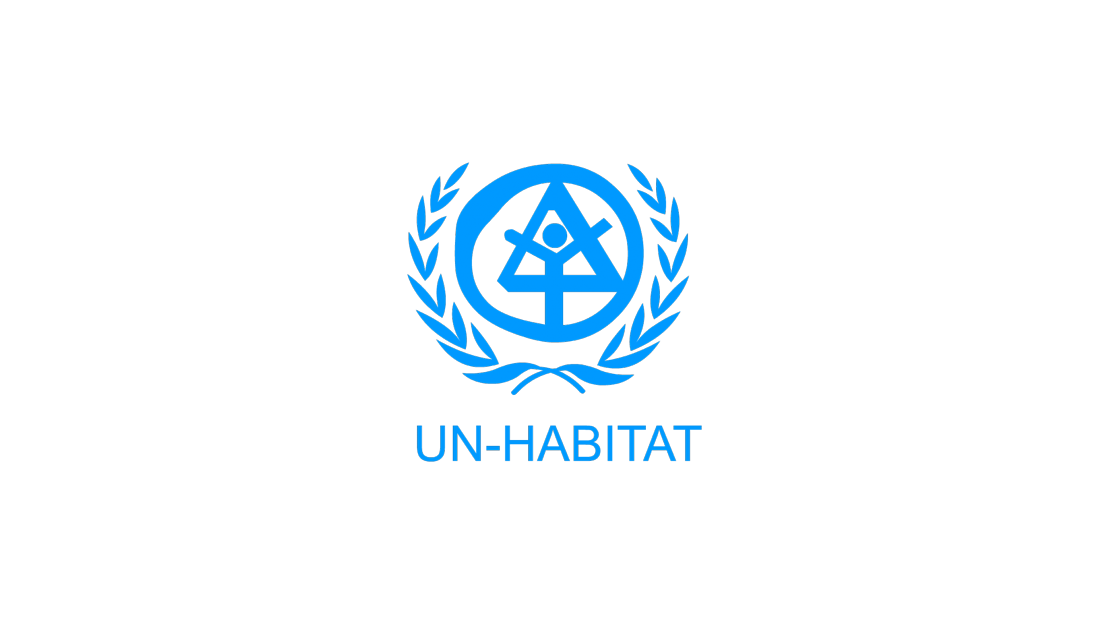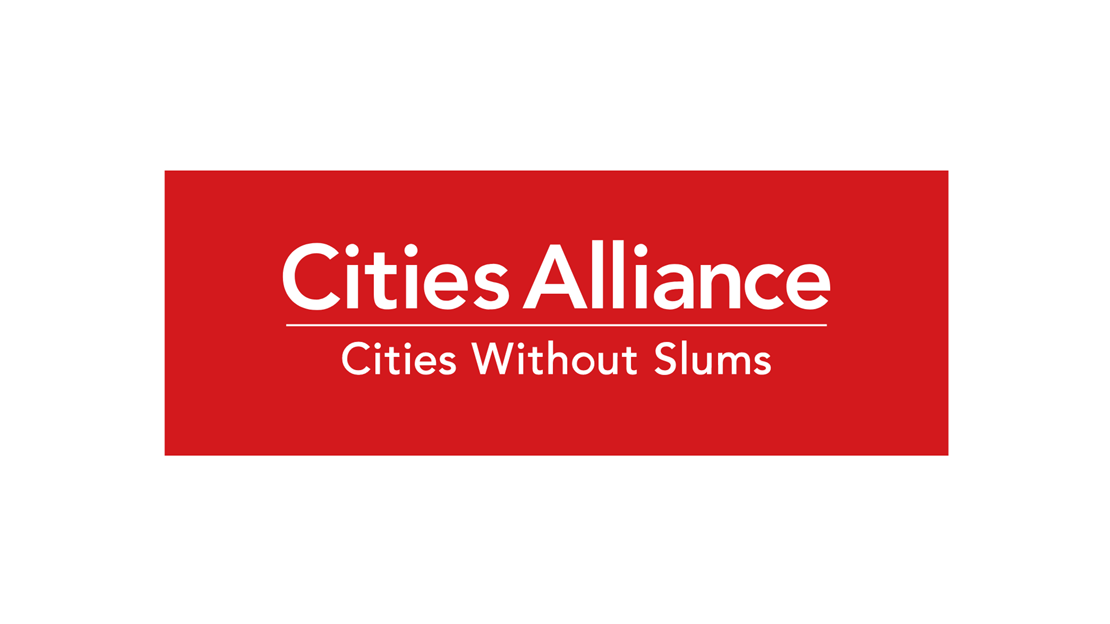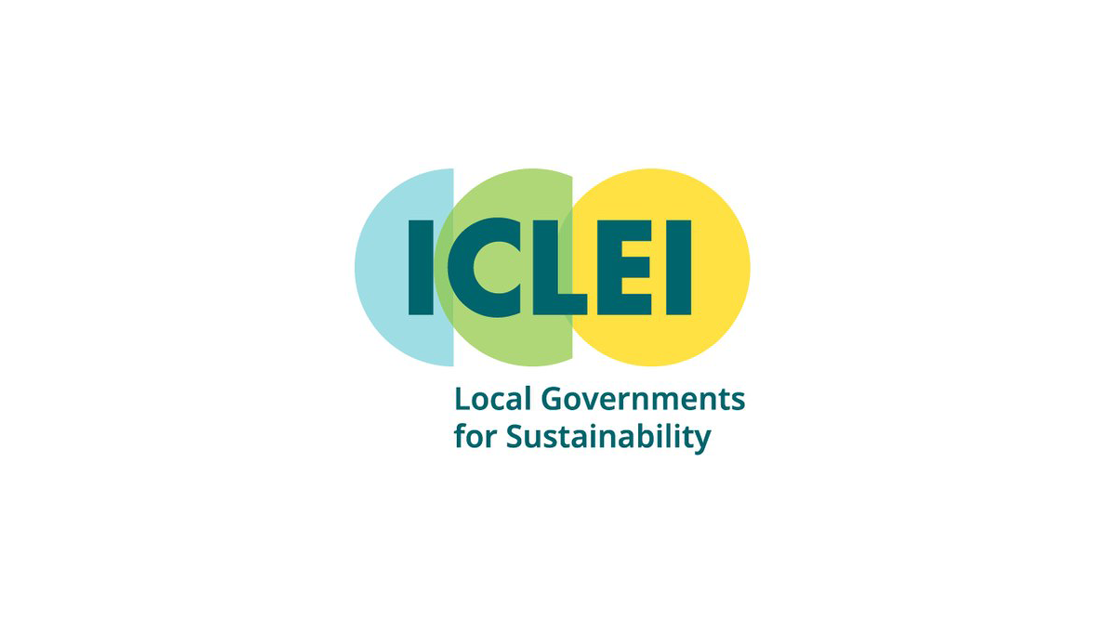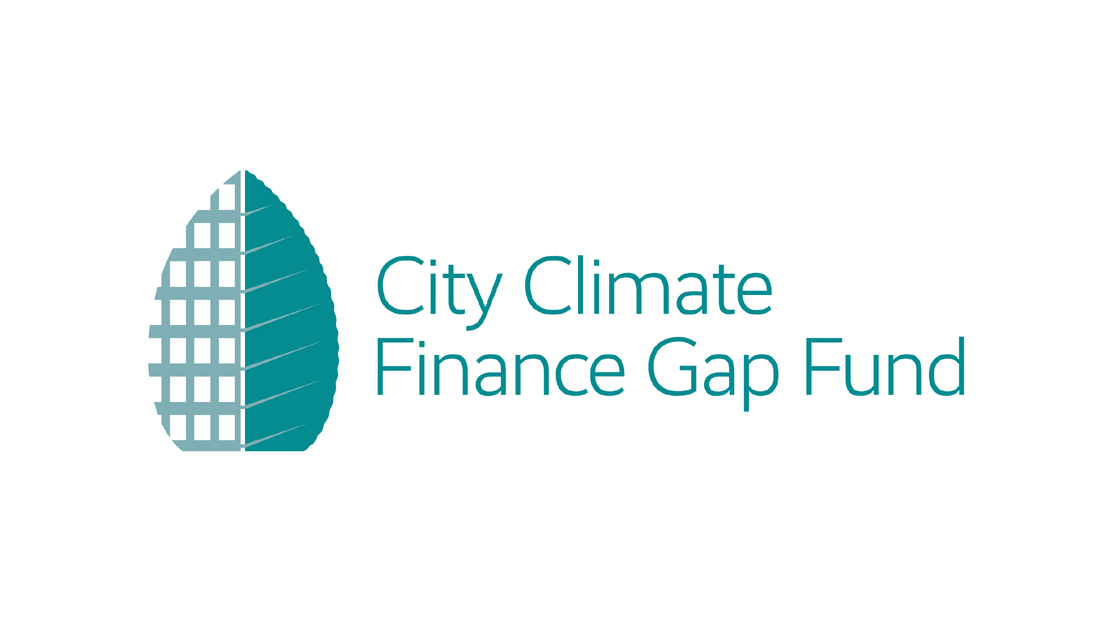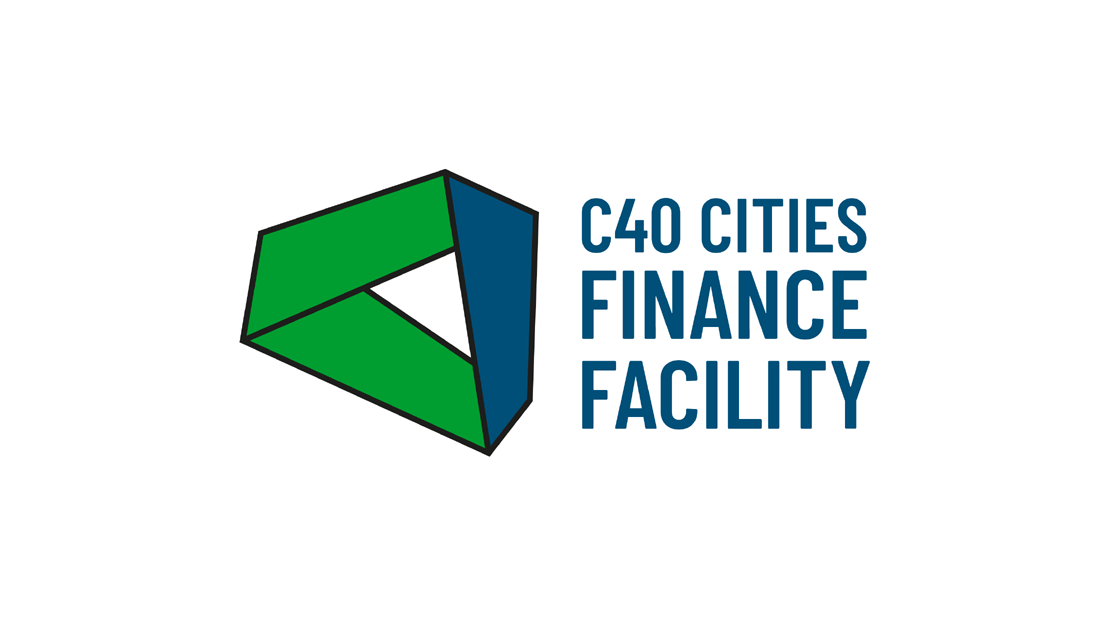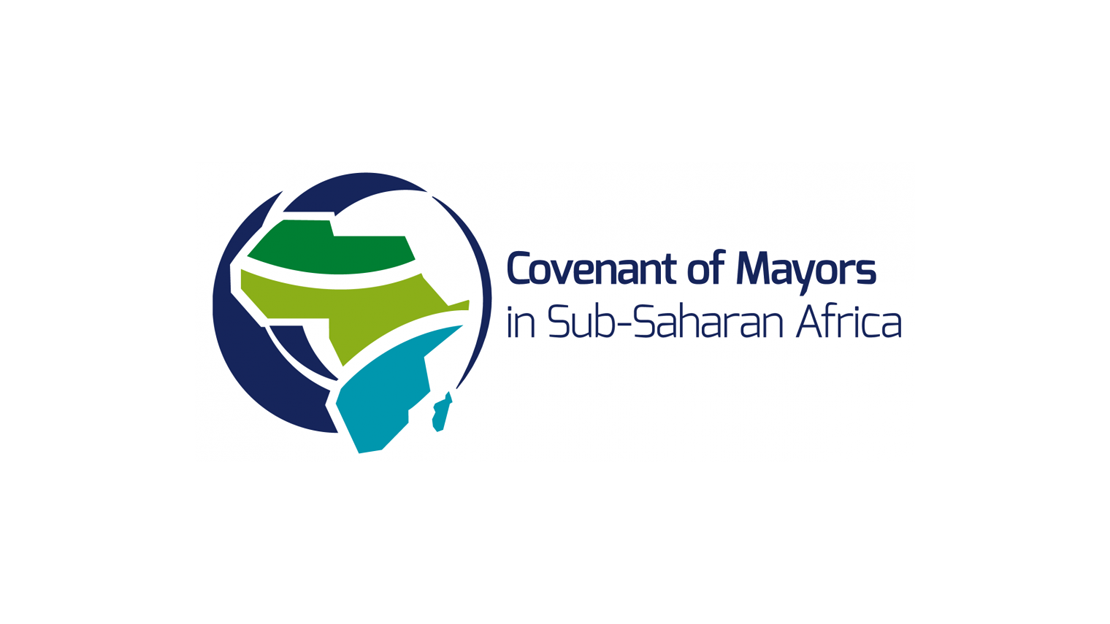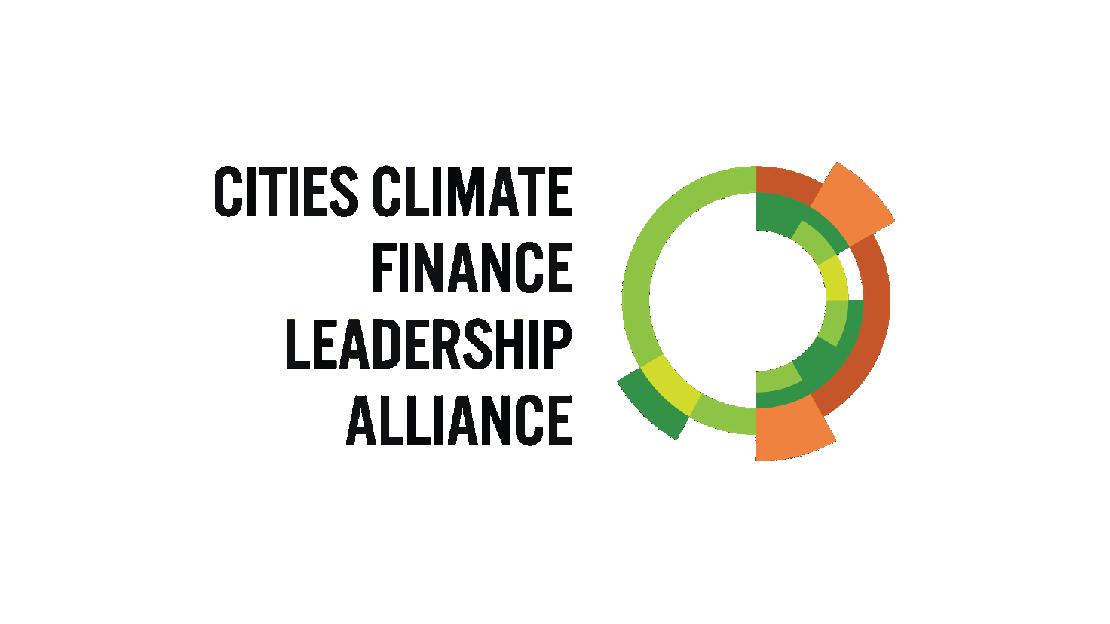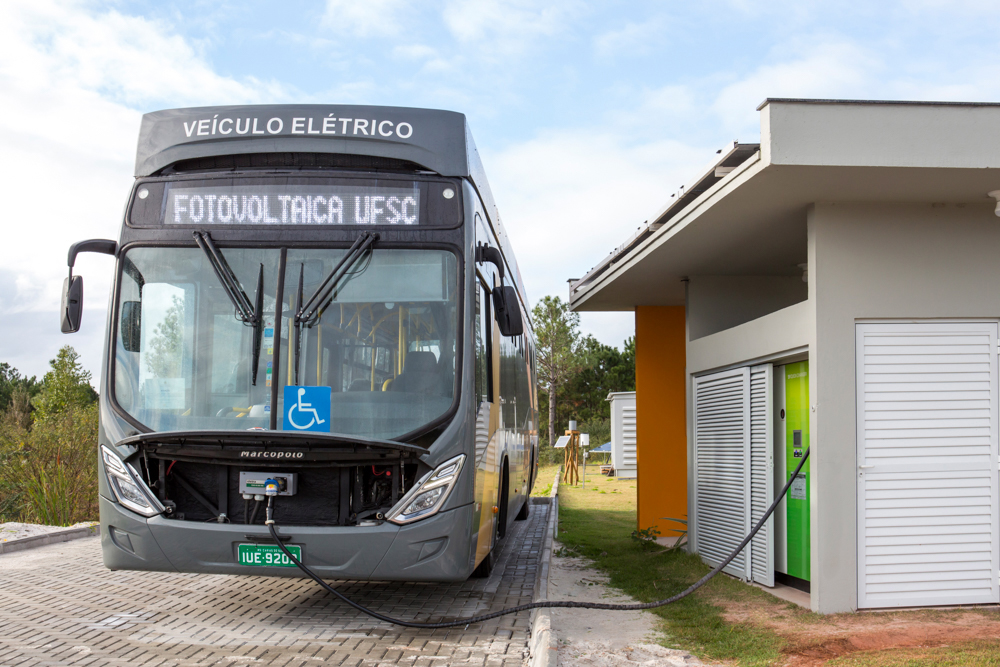Urban development International partnerships
- UN-HABITAT (External link)
- Cities Alliance – Cities Without Slums (External link)
- ICLEI – Local Governments for Sustainability (External link)
- City Climate Finance Gap Fund (External link)
- C40 Cities Finance Facility (External link)
- Covenant of Mayors in Sub-Saharan Africa (External link)
- Cities Climate Finance Leadership Alliance (External link)
- Transformative Urban Mobility Initiative (TUMI) (External link)
UN-HABITAT
Germany actively supports the United Nations Human Settlements Programme (UN-HABITAT), the central organisation within the UN system in the area of urban development, human settlements and housing supply. UN-HABITAT is charged with guiding development policy dialogue by carrying out research, expanding the application of established strategies and measures, setting standards and monitoring progress worldwide. UN-HABITAT coordinates the work of other UN organisations in the area of urban development and urbanisation, and rolls out innovative projects in member states.
Germany supports UN-HABITAT via its annual contribution to the regular UN budget and via funding for specific projects. In 2022 and 2023, the BMZ contributed one million euros to UN-HABITAT’s core budget in order to support the programme’s basic work.
Cities Alliance – Cities Without Slums
The Cities Alliance – Cities Without Slums initiative is a coalition of cities and development partners set up by the World Bank and UN-HABITAT in 1999. The platform brings together development organisations, industrialised countries and partner countries as well as city associations and bodies representing the interests of people living in slums.
The aim of the global partnership is to reduce urban poverty and to strengthen the role played by cities in promoting global sustainable development. The Cities Alliance is the most prominent internationally active development organisation for poverty-focused urban development alongside UN-Habitat. Through its financial contributions as well as its work in the partnership’s bodies, Germany has played an active role in the Cities Alliance since its foundation.
ICLEI – Local Governments for Sustainability
With representatives from more than 2,500 local and regional authorities in more than 125 countries, ICLEI – Local Governments for Sustainability is the world’s largest association of local governments dedicated to environmental protection and sustainable urban development. Via the Local Governments and Municipal Authorities Constituency (LGMA (External link)), the network takes a lead role in representing the local government level in international climate negotiations. Through the annual Daring Cities conference, ICLEI also fosters the development and dissemination of local solutions to the global climate crisis.
In addition to climate-smart and resilient urban development, the association also promotes the local implementation of the 2030 Agenda, municipal environmental management and circular economy approaches, sustainable urban energy and mobility, and municipal finance. The ICLEI World Secretariat is located in Bonn.
The BMZ’s financial support for ICLEI focuses on facilitating the trialling and dissemination of innovative approaches and on global knowledge transfer and capacity building.
City Climate Finance Gap Fund
The City Climate Finance Gap Fund (or “Gap Fund”) aims to support cities in developing countries and emerging economies in implementing climate-friendly and resilient infrastructure projects. The focus is on the early phase of project preparation. The fund has three goals: to provide cities with technical support in the area of project development, to connect project proposals with possible financing instruments and to share technical knowledge.
The Gap Fund was launched by Germany, Luxembourg and the Global Covenant of Mayors for Climate & Energy (External link) (GCoM) during UN Climate Week in September 2020. The World Bank and the European Investment Bank are strategic partners of the fund. Since its replenishment by Germany and Luxembourg in 2023, the Gap Fund has capital of 105 million euros at its disposal. To date, it has pledged support for projects in 184 cities in 67 countries (as of October 2024).
C40 Cities Finance Facility (CFF)
The C40 Cities Finance Facility (CFF) is a partnership between the BMZ and the development agencies of the UK, France and the United States. The CFF enables urban administrations in developing countries and emerging economies to develop climate-friendly infrastructure projects in the areas of renewable energy, energy efficiency, transport, waste management and climate change adaptation, and to find funding. The CFF attaches great importance to gender equality and inclusion. The projects are implemented by the GIZ in collaboration with the international urban network C40 Cities (External link).
By cooperating with 30 cities, the CFF expects to mobilise around one billion euros for climate financing by the end of 2024. By 2050, it aims to help prevent the emission of 7.5 million tons of greenhouse gases. At the same time, it aims to improve the resilience of more than two million people to the effects of climate change.
Covenant of Mayors in Sub-Saharan Africa (CoM SSA)
The Covenant of Mayors in Sub-Saharan Africa (CoM SSA) was founded in 2015 as a regional group of the Global Covenant of Mayors for Climate & Energy (GCoM). The Covenant is a global coalition of cities and municipalities that are taking climate action by committing to reducing their greenhouse gas emissions and preparing for the future effects of climate change. GCoM’s partners include the C40 Cities network, the international network of local governments ICLEI, the global network United Cities and Local Governments (UCLG) and UN-HABITAT.
Since 2019, CoM SSA has been co-financed by the European Union, the German Federal Ministry for Economic Cooperation and Development (BMZ) and the Spanish Agency for International Development Cooperation (AECID), with a total budget of 30 million euros. CoM SSA assists cities and municipalities in sub-Saharan Africa in implementing concrete measures aimed at achieving climate goals, in providing their populations with access to sustainable energy, and in tapping into potential sources of climate finance at a local level.
Cities Climate Finance Leadership Alliance (CCFLA)
The Cities Climate Finance Leadership Alliance (CCFLA) is the only global alliance that fosters ongoing dialogue around climate finance at sub-national level. It aims to help increase investment in low-carbon, climate-resilient urban infrastructure significantly by 2030. The CCFLA offers all major players in the public and private sectors a shared platform to facilitate coordination and cooperation.
The CCFLA was launched in 2014 and has already achieved tangible progress in the area of urban climate finance. The BMZ and the Federal Ministry for Economic Affairs and Climate Action (BMWK) represent Germany as members of the CCFLA Steering Committee.
Transformative Urban Mobility Initiative (TUMI)
In order to make cities worldwide more environmentally friendly and liveable, the BMZ works with 10 partner organisations as part of the Transformative Urban Mobility Initiative (TUMI), which was launched in 2016.
People who live on the outskirts of cities or in slums are often hardly able to reach many areas of the city due to a lack of functioning local public transport networks or safe footpaths and cycle paths. TUMI’s central focus is on promoting modern, climate-friendly, safe, inclusive and affordable urban mobility that enables social and economic participation for all population groups by providing access to a means of transport to work, healthcare and education facilities.
TUMI has already facilitated investment of over two billion euros in the modernisation of urban mobility. This includes investments in expanding public transport networks in Rio de Janeiro (Brazil), Tunis (Tunisia) and Nagpur (India). Furthermore, TUMI is supporting pilot projects in selected cities such as bike rental services, pedestrian zones and electric transport vehicles.
E-bus charging station in Florianópolis, Brazil
The TUMIVolt programme supports political actors and administrations in cities in the Global South in introducing sustainable electromobility and in employing renewable energy in the transport sector. TUMIVolt takes into account all aspects of e-mobility, such as producing and recycling batteries, charging infrastructure and financing strategies.
With the Women Mobilize Women initiative (External link), TUMI is addressing the specific opportunities and challenges for women in the transport sector. This includes empowering women decision-makers and fostering gender-equal transport planning and safety in public spaces.
As at: 31/10/2024
